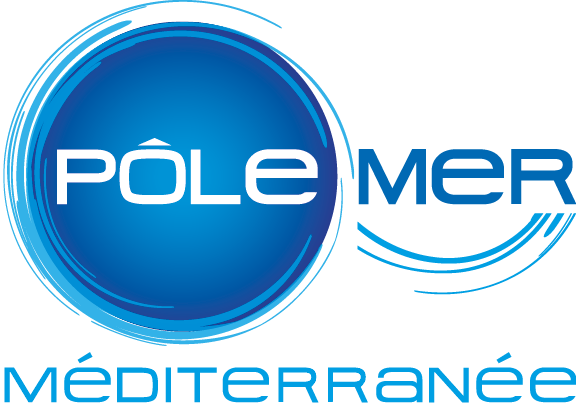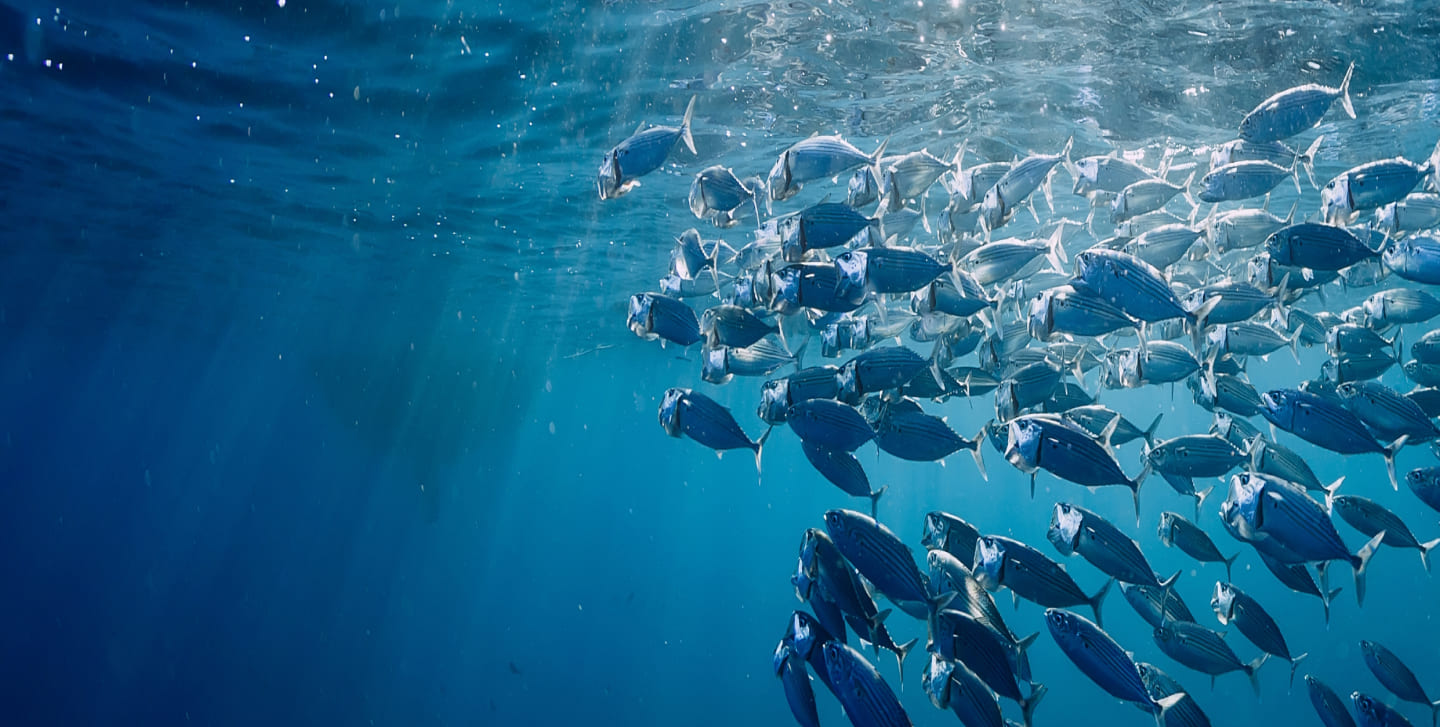Marine bioresources have a significant economic impact on coastal areas. The production of shellfish, fish and other protein sources in inland and coastal waters is an ancestral activity. These are sectors that provide local jobs with significant technological development.
This area of strategic action covers all marine and freshwater biological production, within the framework of the land/sea continuum (fish farming, macro and microalgae, etc.), with an objective of sustainable development and strong innovation potential.
These productions are structured into three sectors:
- Sustainable fishing encompasses activities related to the exploitation of fishery resources and addresses the entire production process, from professional fishing (including shore-based, artisanal, offshore, and industrial) from upstream to the valorisation of catches downstream (whole products, fresh, first processing); It integrates interactions with recreational fishing and with other users of the marine space.
- Sustainable aquaculture covers all production activities of animal species (vertebrates and invertebrates) and plants for fish farming, shellfish farming, seaweed farming (macro and micro-algae) and integrated multi-trophic aquaculture — offshore or onshore.
- Blue biotechnology relying on co-products and products from the two aforementioned sectors (microalgae, macroalgae, sponges, bacteria, etc.). In the different stages of the value chain: Knowledge and characterisation of the potential of marine biodiversity for the development of high-performance natural assets, production of precursors of bio-sourced and biodegradable materials, industrial development of optimised, clean and profitable biotechnological processes for the extraction and production of molecules/extracts from marine, fishing or aquaculture biomass.





